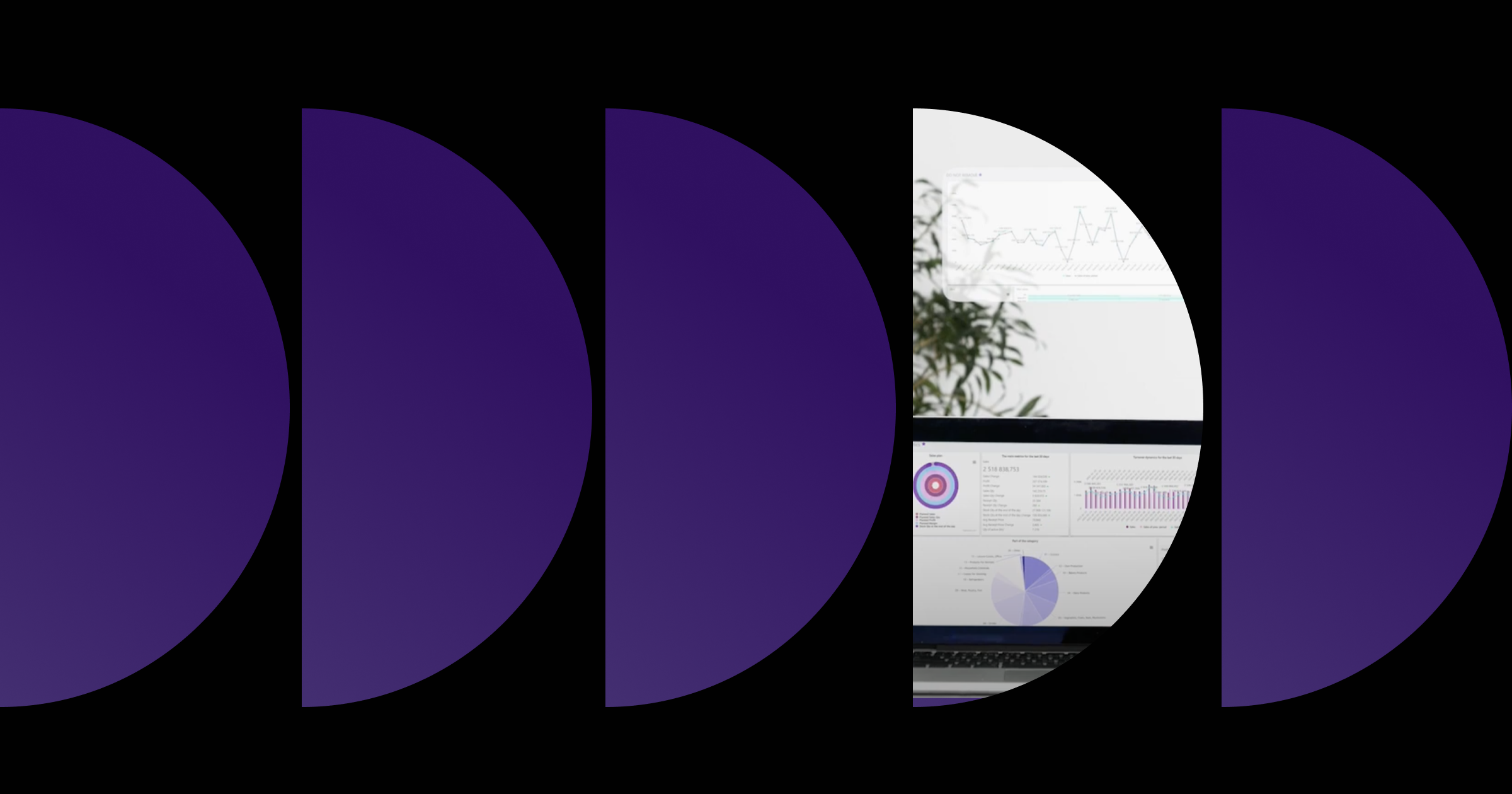Table of contents:
- Accounting Software: Automation, Optimization, and Analytics
- What is the Average Receipt, and How Can It Be Increased?
- Analytical Software for Retail and Its Role in Stock Accounting
- KPIs: Evaluating Efficiency with Retail Accounting Software
- Conclusion
Successful management of every store is based on sales control, proper retail store accounting, and analysis of key performance indicators (KPIs). Implementing regular accounting and using business analytics allow the optimization of processes, enhancing the competitiveness and value of the chain.
Accounting Software: Automation, Optimization, and Analytics
A critical tool for managing accounting is specialized store accounting software. This software not only helps to control the assortment but also conducts inventory checks, optimizing stock management. Business analytics software, including inventory accounting, enables real-time product availability and matrix data access.
Another essential aspect is using analytical programs and services such as Business Intelligence (BI) systems. They enable a detailed analysis of retail stores and the overall state of the chain in real-time. This dramatically facilitates strategic decision-making.
What is the Average Receipt, and How Can It Be Increased?
What is the average receipt?It is one of the essential KPIs that reflects the average amount a customer spends per visit to a retail store. This indicator is an integral part of business analysis in retail efficiency and directly affects the chain’s overall revenue.
You can increase the average receipt by optimizing the product assortment and launchingpromotions. Analytical services allow retail stores to analyze customer preferences and trends regarding specific offerings.

Analytical Software for Retail and Its Role in Stock Accounting
For successful retail accounting, it's essential to use retail software that covers various aspects of business analytics. These accounting programs allow you to monitor:
- Inventory levels and stock
- Sales and financial metrics
- Real-time inventory checks
- Other KPIs (depending on your needs)
In addition, Business Intelligence allows for an accurate analysis of retail stores, identifying the best-selling items, highly profitable products, and when to restock. This helps prevent situations of stockouts (Out-of-stock) or excess inventory.
KPIs: Evaluating Efficiency with Retail Accounting Software
KPIs (key performance indicators) are essential for evaluating retail business efficiency. Using retail accounting programs allows you to monitor KPIs in retail, which include:
- Average receipt
- Inventory turnover
- Stock levels
- Return rates
With analytical programs (BI), retailers can easily track all business processes across the chain.
Conclusion
Accurate retail accounting is critical to successful business management. Implementing specialized accounting software and analytical services optimizes processes, increases sales efficiency, and helps make data-driven decisions. Important indicators (KPIs) such as the average receipt assist in evaluating the performance of stores and the entire chain.
 Co nowego?
Co nowego?





 Nie potrzebna karta bankowa!
Nie potrzebna karta bankowa!